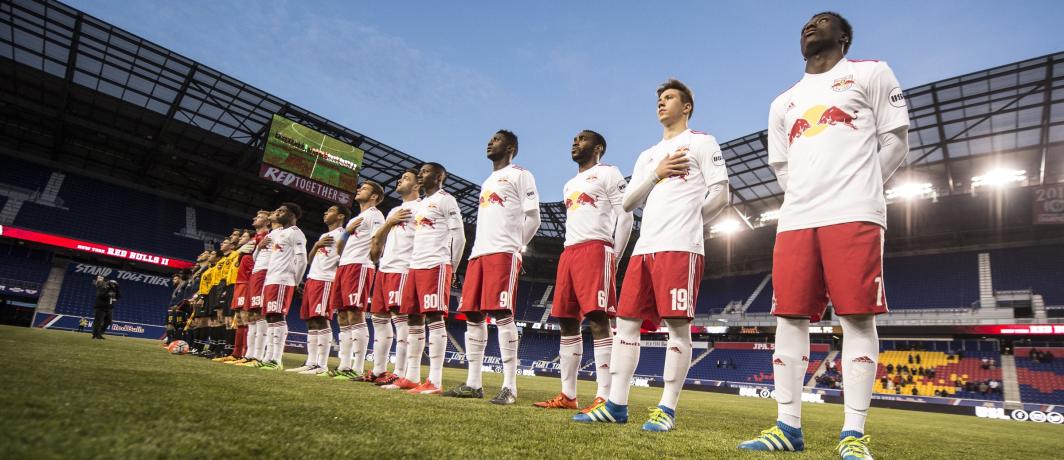What do Red Bull and soccer players have in common? Very little, you might think, and in very ways you would be correct. Delve a little deeper, though, and you’ll find that Red Bull have been the owners of a Major League Soccer team (aptly named The New York Red Bulls) for over 10 years now.
Why did they do it?
Many may wonder what the purpose of this exercise is. Put simply, it is to gain more attention from a market with which they closely align. Red Bull is a brand which targets young people, and conveniently enough, this is the demographic which makes up the largest percentage of Major League Soccer fans.
In purchasing this team, previously called the MetroStars, Red Bull closely followed the three steps to successfully sponsoring sports, previously outlined by Branded. They chose a group which shared a target group with them, one with which they shared a brand image. And they demonstrated a clear commitment to this brand (simply purchasing the team and changing the name went a long way towards this).
Has it worked?
Since 2006, when this purchase was made, Red Bull have revelled in its success. Major League Soccer is becoming more and more popular, but importantly, Red Bull have seen a tangible increase in sales as a result of its ownership of the New York Red Bulls. Among soccer viewers, Red Bull consumption is 63% higher than other energy drinks, suggesting that those who are exposed to the New York Red Bulls are actively buying more Red Bull.

How can you do the same thing?
Seems pretty straightforward, doesn’t it? Red Bull are a fantastic example of the way in which promoting your brand through sports can have an enormous impact on the success of your business. Maybe you won’t buy a Major League Soccer team, or an NBA franchise. In fairness, that’s out of reach for an enormous majority of businesses. But this very concept works in exactly the same way on a smaller scale, and that’s where you can come in.
Rather than buying the New York Metrostars, try purchasing promotional equipment which follows the three steps to successfully sponsoring sports outlined above. If you’re targeting young beachgoers, advertise your brand on a surfboard. If you want competitive sports players to know more about you, advertise on a football, a soccer ball, a basketball. Anything which is relevant to your brand, and which will result in more people knowing about you, and having positive associations about your company.
You might not outperform all of your competitors by 63% among your target market, like Red Bull have. Proportionally, though, the returns can be the same. All you have to do is follow their lead, on whatever scale is appropriate for your business, and you’ll reap the rewards.

